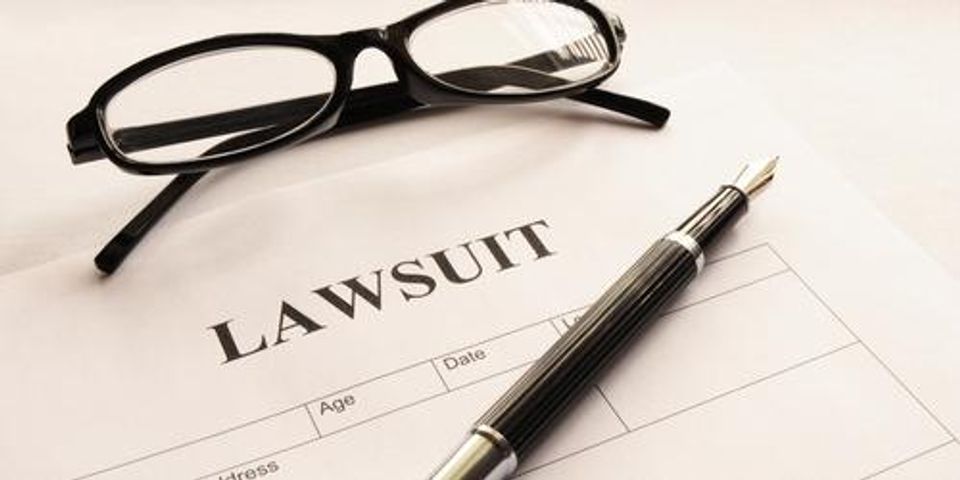
When someone dies due to the accidental negligent or careless conduct of another individual or entity, their death would be considered a wrongful death. Because wrongful death is a unique type of tort, our Hill & Hovis personal injury lawyers, in High Point, NC, recommend seeking legal representation right away. The family members of victims of wrongful death often do not know that they are entitled to compensation for their loved one’s passing.
Because of the emotional trauma, possible financial loss, and life-long grief that the death of a loved one can cause, however, the law allows a victim’s family members to bring a civil lawsuit against the responsible party. Before deciding whether you should file a wrong death suit, it’s important to know the basics.
Wrongful Death Law FAQ
What Is A Wrongful Death Suit?
A wrongful death lawsuit is when one individual dies at the hands of another. However, what separates wrongful death from murder or manslaughter is that wrongful death is accidental and is not the result of feelings of ill will, premeditation, or desire to harm another. Wrongful death lawsuits can arise from any number of fatal mistakes, such as a car accident, product malfunction, or even medical malpractice. An individual, company, or organization can be legally at fault for acting intentionally negligent.
Who Can Sue For Wrongful Death?
 A representative of the descendant’s estate may file a wrongful death claim on behalf of the victim’s survivors. These survivors—or “real parties of interest”—must prove that they suffer damages at the loss of their loved one to maintain their claim. Real parties of interest can include immediate family members, life partners, financial dependents, distant family members and even the parents of a deceased fetus.
A representative of the descendant’s estate may file a wrongful death claim on behalf of the victim’s survivors. These survivors—or “real parties of interest”—must prove that they suffer damages at the loss of their loved one to maintain their claim. Real parties of interest can include immediate family members, life partners, financial dependents, distant family members and even the parents of a deceased fetus.
What Type Of Damages Are Available In A Wrongful Death Case?
Damages in a wrongful death case fall into two different categories. The first category covers the damages sustained by the deceased from the time of their accident until the time of their death. Sometimes a person’s death can occur days, weeks, or even years after this happens. During that period, they will have accrued medical expenses and lost wages and have been subject to physical and mental pain or suffering. The family members may recover compensation for those damages and funeral and burial expenses.
The second category of damages covers those losses experienced by the next of kin upon the deceased’s death. This type serves to compensate the family members and survivors for financial losses—or more specifically, the amount of money that the deceased would have brought home from the date of their death until the time of retirement, had their life not been cut short.
If you have recently experienced the premature loss of a loved one due to the negligence of another individual or entity, the wrongful death attorneys at Hill & Hovis can make sure that you are fairly compensated for your losses. To learn more about wrongful death law, call our personal injury law firm at (336) 883-6000, or visit our website today.
About the Business
Have a question? Ask the experts!
Send your question

